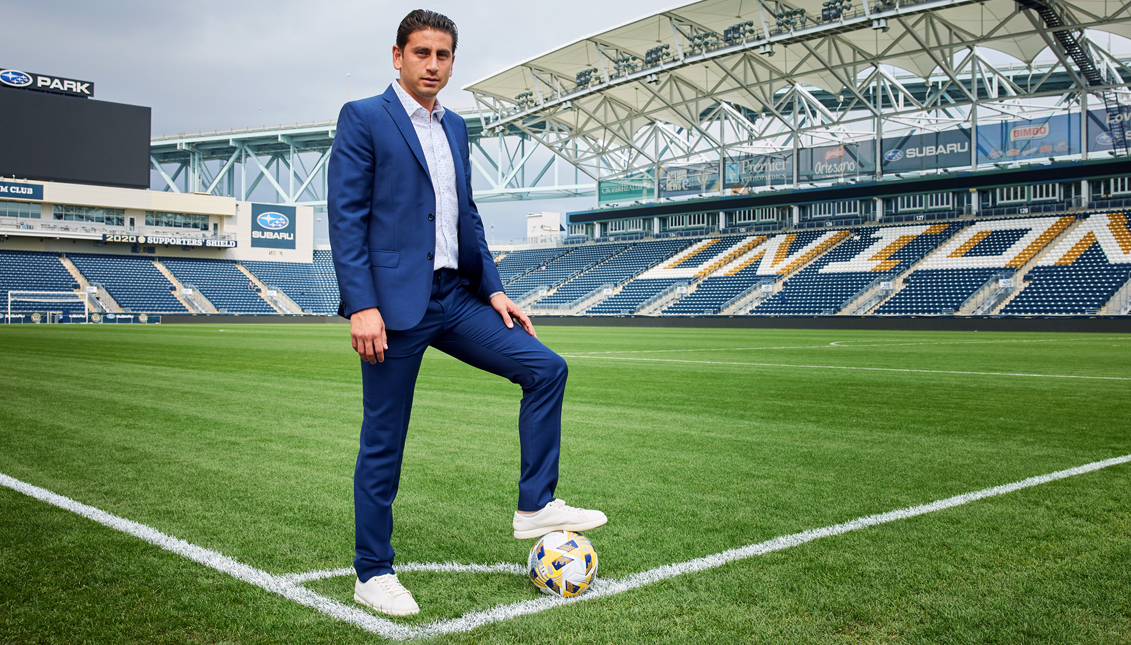
The Union’s Heart & Soul
Alejandro Bedoya came to Philadelphia in 2016 and has taken its MLS club from mediocrity to its first hardware. Now he wants more.
Alejandro Bedoya’s career in soccer has always been about challenging himself, and joining the Philadelphia Union in 2016 despite not having much of a choice, represented the ultimate mountain to climb.
The year before he joined in 2016, the team had finished second to last in the Eastern Conference out of 10 teams and third to last in the entire MLS, in 18th place.
Before that, other than two appearances in U.S. Open finals where they came away empty handed, the team had also not seen the playoffs since 2011.
There was potential, but continuity, quality and experience was needed to bear fruits, all things Bedoya could provide.
In coming to Philly, the move was also a sort of return to Bedoya’s roots, which were planted a little over an hour and a half away in North Jersey.
He was born in Englewood, a small city in Bergen County across the Hudson from the Bronx, New York City.
Bedoya doesn’t have a distinct memory of when he started playing soccer, but thinks it was practically from birth that he was kicking a ball around.
“It’s just something I played right from when I could walk really,” he told AL DÍA. “As soon as I was able to keep my balance, I was playing with a soccer ball at my feet.”
The game was also one that ran in the family. His father, Adriano, played for Millonarios, one of the premier football teams in his home country of Colombia, based in Bogotá. Bedoya’s grandfather, Fabio, played for Deportes Quindío, based in Armenia, capital of the Quindío Department in west-central Colombia and part of its coffee triangle.
His parents emigrated from Armenia, Colombia after his dad got a soccer scholarship at Fairleigh Dickinson University.
Growing up, Bedoya also remembers soccer being ever-present in the house.
“If there weren’t games on TV, they were listening to them on the radio,” he said of his dad and grandfather.
In particular, the former would always tune into the Argentine Superclásico between Boca Juniors and River Plate. During the 1994 World Cup, Bedoya remembers his dad traveling to some of Colombia’s group stage games, while he sported a wig to honor the iconic hair of Colombian midfielder Carlos Valderrama.
When it came to playing soccer competitively, Bedoya started when he was around five years old in nearby Dumont, New Jersey. From the beginning, he says he stood out on the field.
“I had something in me,” said Bedoya.
At an early age, that translated to being able to kick the ball harder, higher and further than all the other kids.
His early talent also meant Bedoya was scouted for his first club team at the tender age of eight years old. The Clifton Stallions represented Bedoya’s first time playing against better competition, and some of his teammates in those early years were names like Giuseppe Rossi and Danny Szetela — two of many who would go on to play professionally a decade later.

When he was nine, Bedoya’s family moved from North Jersey to Weston, Florida, a suburb of Ft. Lauderdale.
There, his family carried out a typical upper middle-class existence in Florida, complete with gated communities of homes that all look the same. Making up for the lack of varied architecture was an abundance of diversity among people, specifically Latinos.
Beyond the Colombian community, Weston was also home to one of the U.S.’s largest Venezuelan communities — leading to the nickname ‘Westonzuela.’ A number of Cubans, Puerto Ricans and Peruvians also call the city home.
Bedoya described his own upbringing in Weston as the “best of both worlds.”
“I feel very Colombian and I’m very American. All that and everything in between,” he said.
“I feel very Colombian and I’m very American. All that and everything in between,” he said.
His was a household that upheld a number of Colombian traditions, from the food it served to the many parties it threw.
“Our house was always one for entertaining,” said Bedoya, whether it be dance parties, birthday parties, card games and more.
On the soccer field, he continued his youth club career at Weston FC, which grew to be one of South Florida’s best teams in his time there. He also got his first taste of Europe when he played on an All-Star team that traveled to play a number of top-flight academy teams in England.
Along the way, his dad remained the key pillar driving his soccer dreams forward. When Bedoya was in high school, he remembers waking up with him every morning at 5 a.m. to train.
“He was my biggest supporter, my biggest critic too,” he said. “My dad was always there willing to help me out.”
Back in Colombia, despite some youth success with Millonarios, Adriano never really got to live out his professional soccer dream. That would be reserved for his son.
“I would think he’s a proud parent,” said Bedoya, looking back.
He first had an inkling he could go pro after his first year at Fairleigh Dickinson, finishing as a Freshman All-American and being invited to train with the U.S. under-23 men’s national team ahead of its appearance at the 2008 Beijing Olympics.
There, he met people around his age who had already gone pro. But he wouldn’t do so until he got his degree — a mindset instilled by his parents, who had theirs.
“For me, soccer was also an opportunity for me to get a scholarship, go to a good school, and get a good education as well,” said Bedoya.
That would come in the form of a transfer to Boston College after his freshman year. It was also a step up in competition moving to the ACC.
In his junior year, Bedoya had the opportunity to visit former college teammate, Charlie Davies, who had just started his own professional career in Sweden, giving him his first taste of European life.
He liked it, and European and South American soccer had also always been something he watched growing up more than the MLS.
Upon graduation, despite being a potential top pick, Bedoya skipped the MLS Draft to sign with Örebro SK in Sweden’s top flight.
RELATED CONTENT
The move was also in line with Bedoya’s constant desire to continue challenging himself on the pitch.
“If I’m going to try to go pro, I’m going to try to make it big,” he said. “Why not go to Europe?”
For the next seven years, from 2009 to 2016, Bedoya would build an impressive European and national team resume. As a pro, he settled into roles in the midfield and on the wing, showing an impressive motor, high intelligence and a knack for scoring a timely goal.
In that time, he went from Sweden to Scotland, back to Sweden and then to F.C. Nantes in 2013 for the biggest move of his career to France’s top flight.
There, Bedoya said it took two months for him to earn his teammates’ respect.
“After I scored my first goal… guys in France, at least that I thought spoke no English, were finally speaking English to me,” he said.
“After I scored my first goal… guys in France, at least that I thought spoke no English, were finally speaking English to me,” he said.
Bedoya stayed in Nantes for three years, scoring 11 goals in 87 appearances and endearing himself to the fan base.
On the international front, Bedoya was capped 66 times between 2010 and 2017 for the senior U.S. men’s national team, scoring two goals. In addition to helping the team win its first CONCACAF Gold Cup in six years in 2013, he was also able to play on the world stage at the 2014 Brazil World Cup. There, the team bowed out in the knockout phase to Belgium.
The latter was an experience he told AL DÍA that he’s still processing to this day.
“It’s almost like the pinnacle of a soccer player’s career, you know? To play at a World Cup, I mean, the biggest sporting event in the world, it’s just amazing, it really is,” said Bedoya. “Hasn’t sunk in yet really. I guess one day it will.”
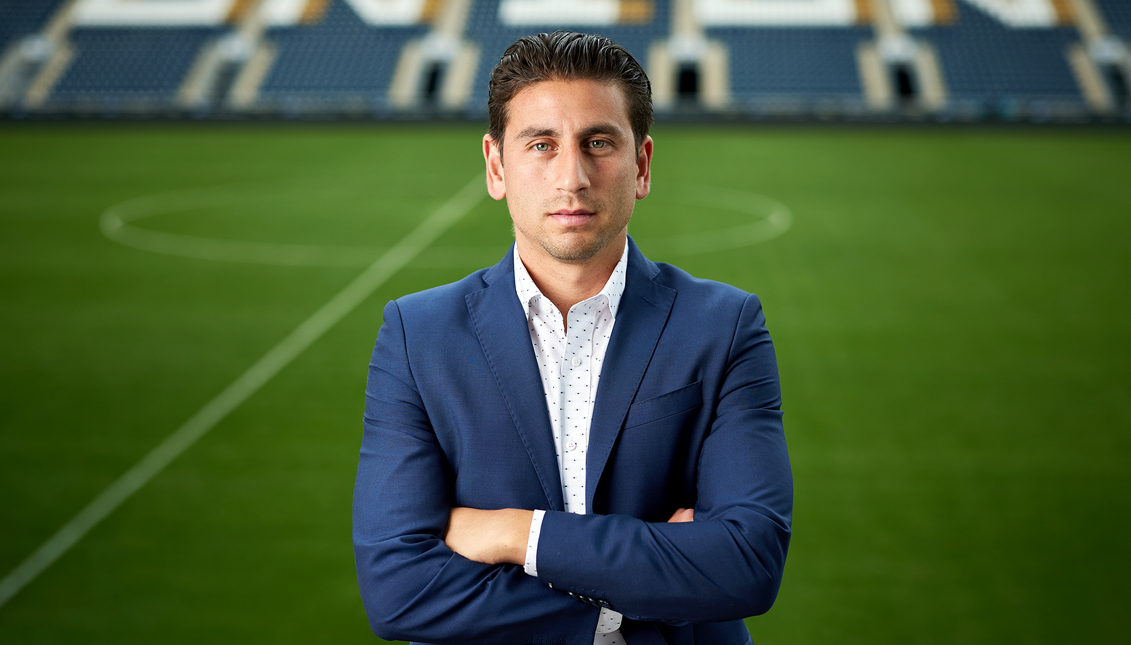
Club-wise, he came back to the U.S. in 2016 when he joined the Union. A year later, Bedoya became the captain and bedrock that would set up the team’s success in the following seasons.
In 2019, the Union had their best start to a season and topped the MLS’ Eastern Conference for the first time. During the COVID-rattled 2020 season, the team would finish top of the league and take home the MLS’ Supporters’ Shield — the first piece of hardware in the team’s history.
This year, the team was the last U.S. team remaining in the CONCACAF Champions’ League before it was beaten by Mexican giants Club América in the competition’s semifinals. It currently sits in seventh place in the Eastern Conference and 13th overall in the MLS.
Bedoya’s ultimate goal is an MLS title.
Along with captaining the team, Bedoya is also not shy about using his platform to advocate for issues near and dear to his heart.
His main issue to fight for since joining Philadelphia has been gun control. It was sparked by the massacre at Marjory Stoneman High School in Parkland, Florida, which is in close proximity to Weston.
A year later, after the El Paso shooting in August 2019 that specifically targeted Latinos, Bedoya hopped on a hot mic after scoring a prime time goal against D.C. United and demanded gun control from nearby Congress.
He won MLS Player of the Week after the stunt.
“Sports is the one thing, the one language that pretty much everyone understands,” said Bedoya. “And when you’re able to bring all these people together not just to watch you for entertainment reasons, you’ll also have… for me, a social responsibility to try to be the best advocate for the community that you’re representing.”



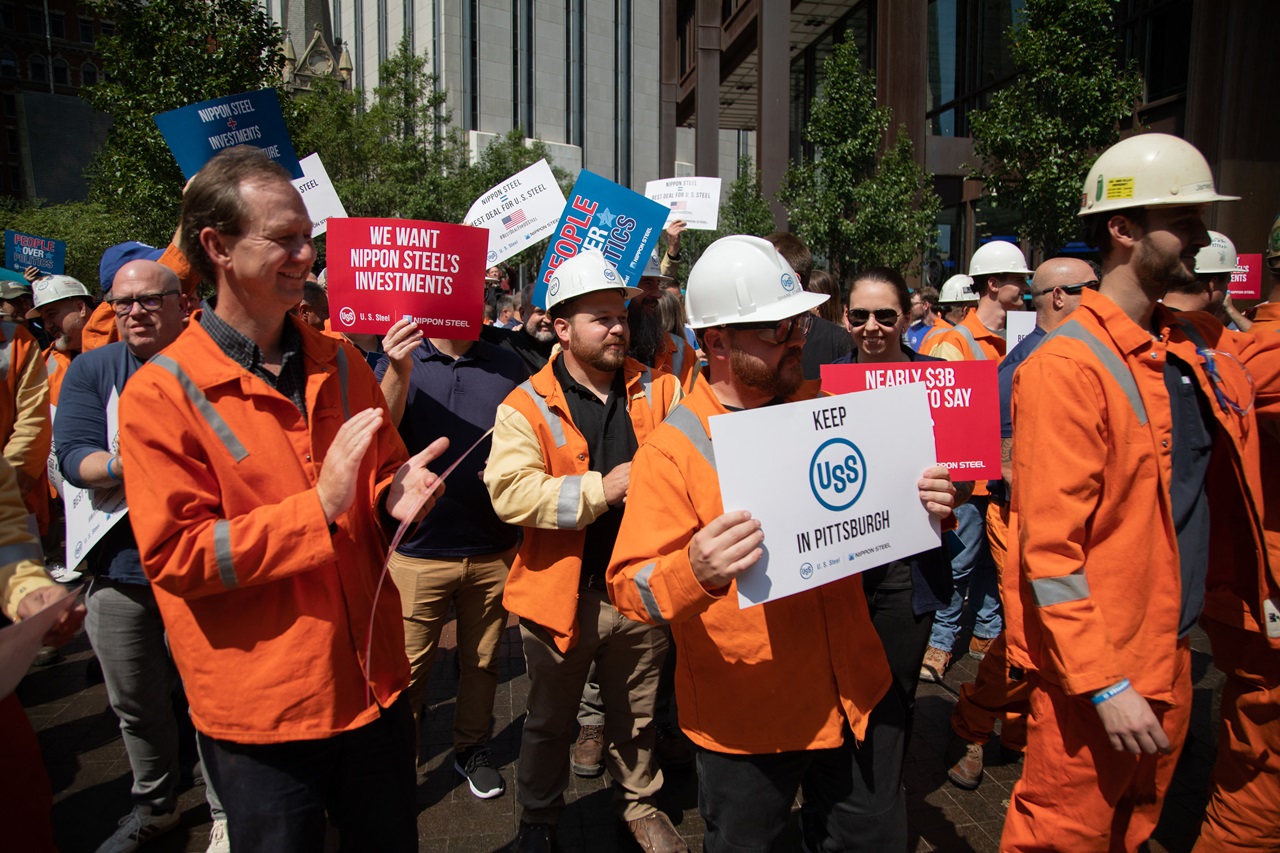
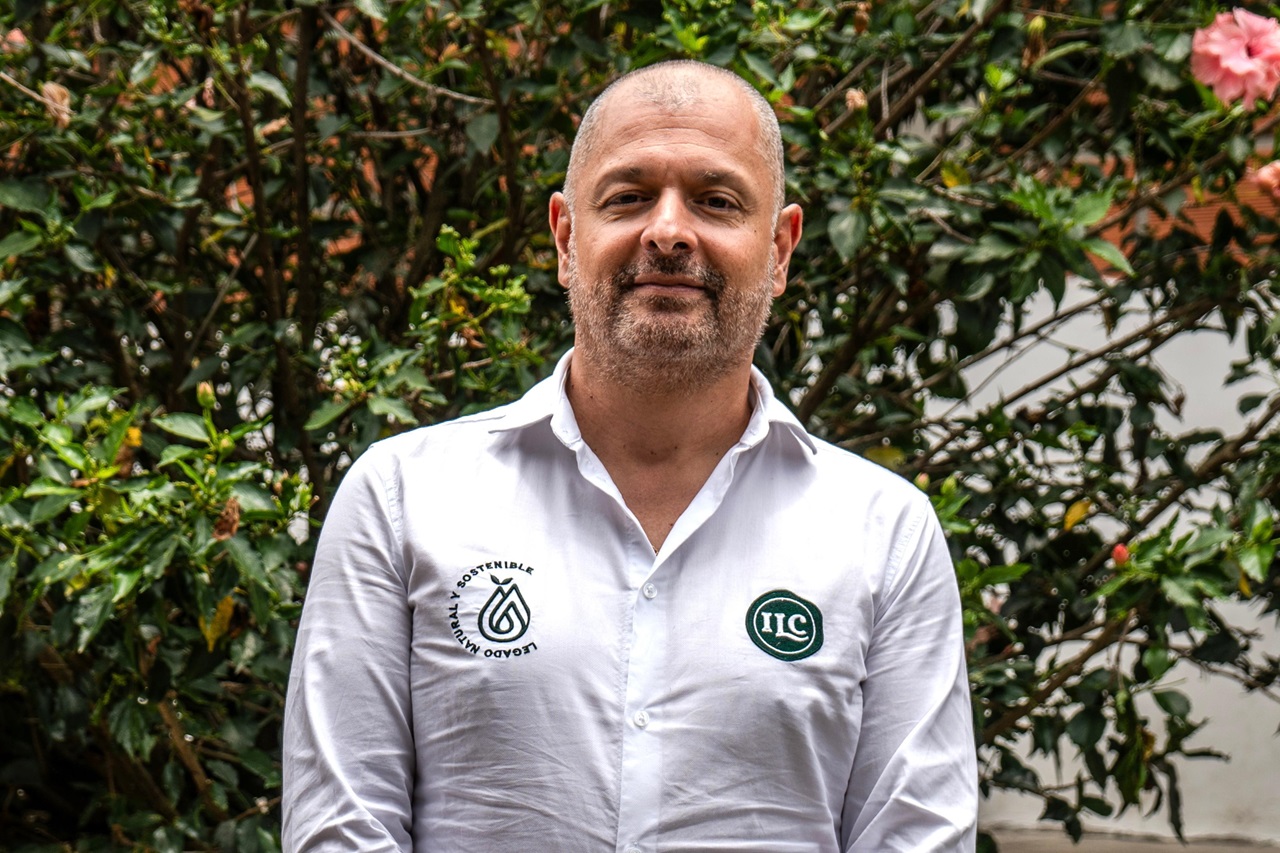
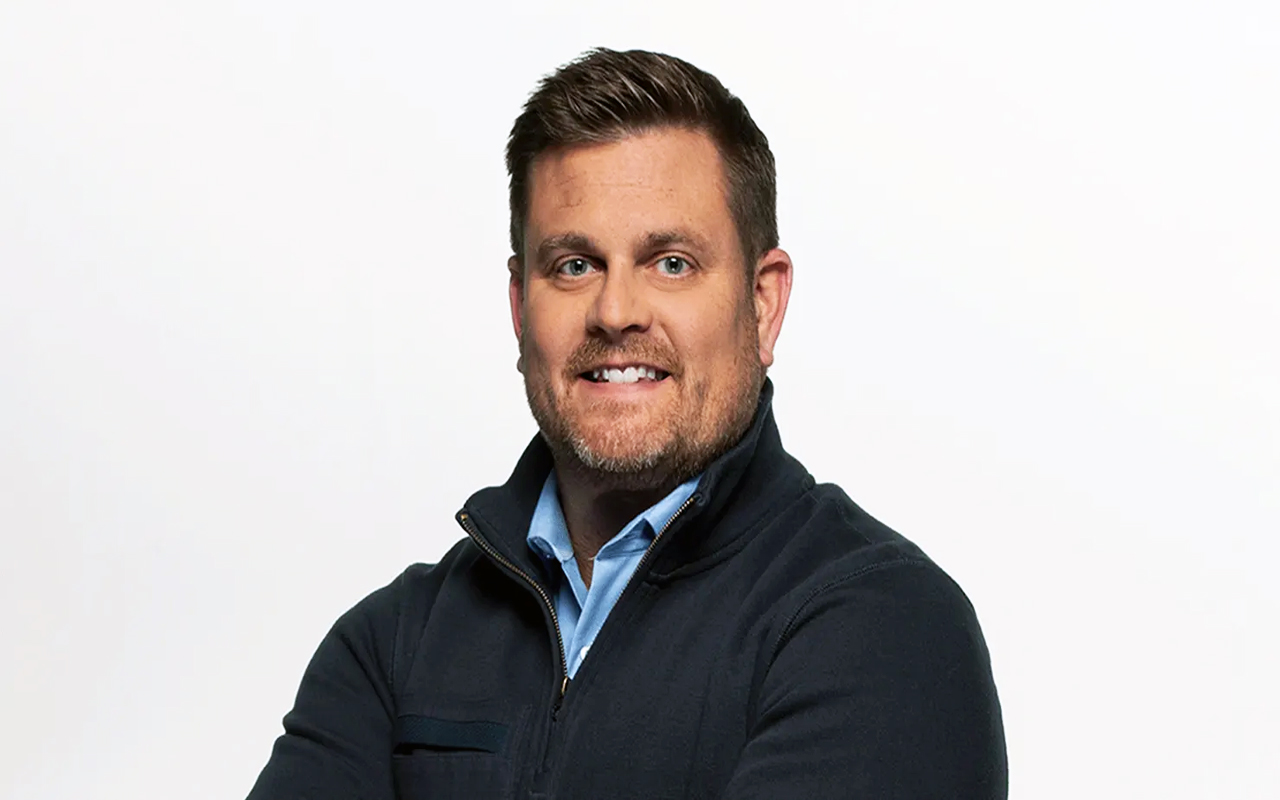
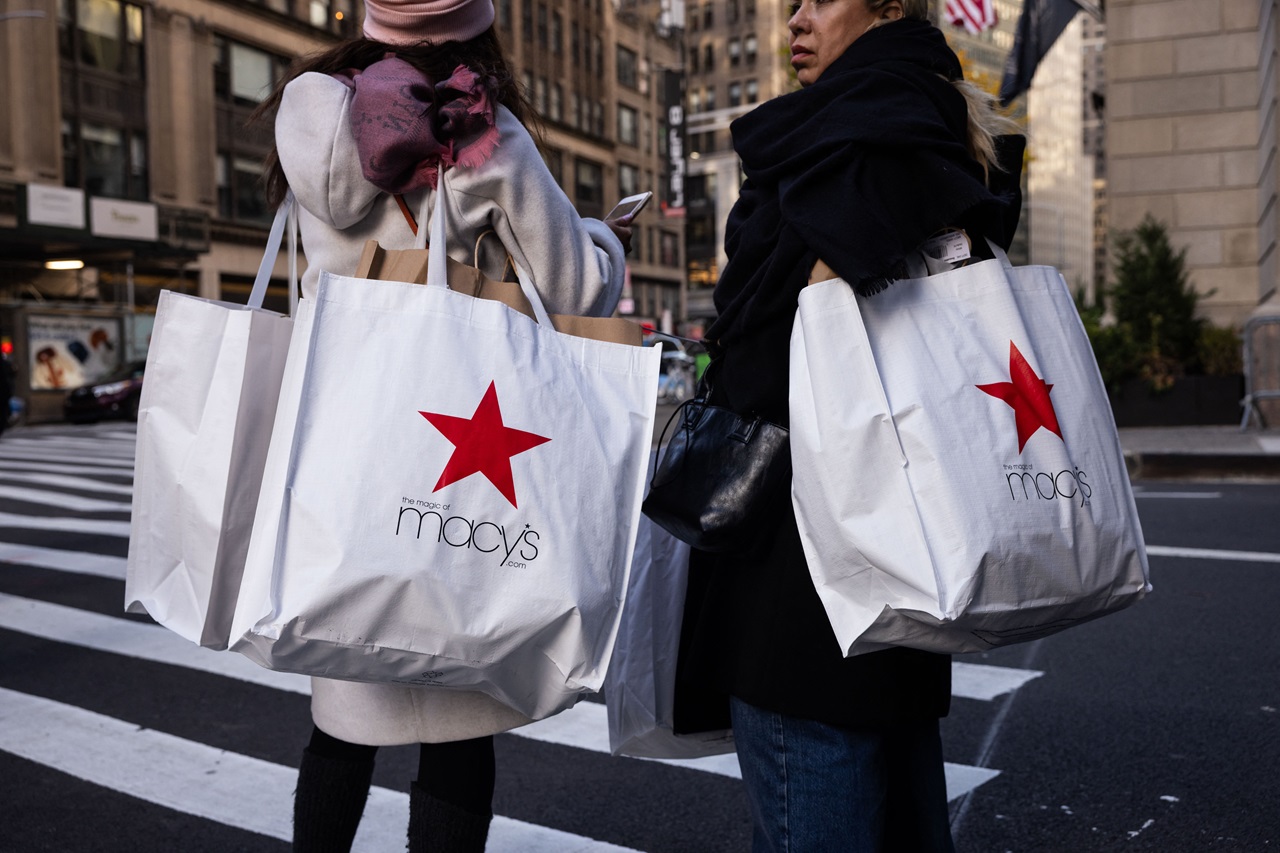
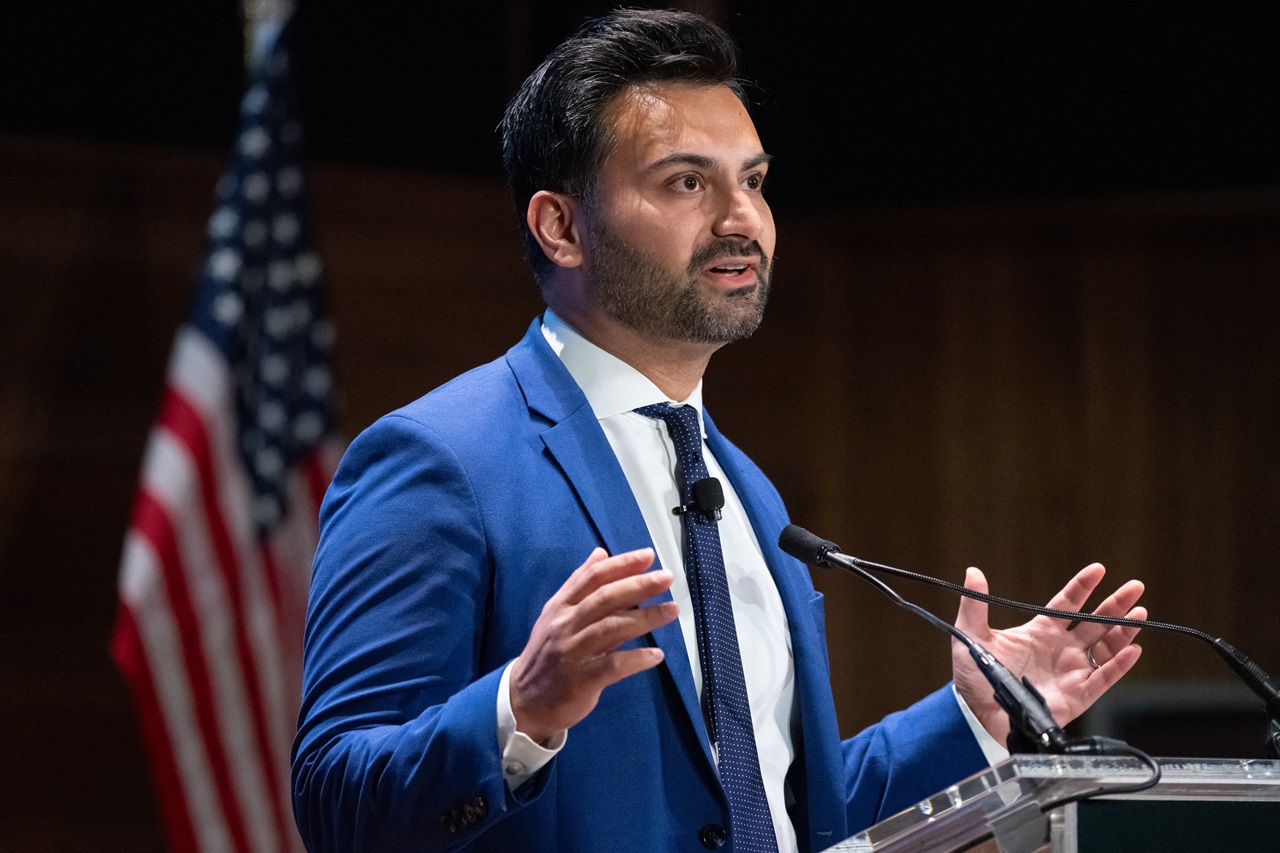
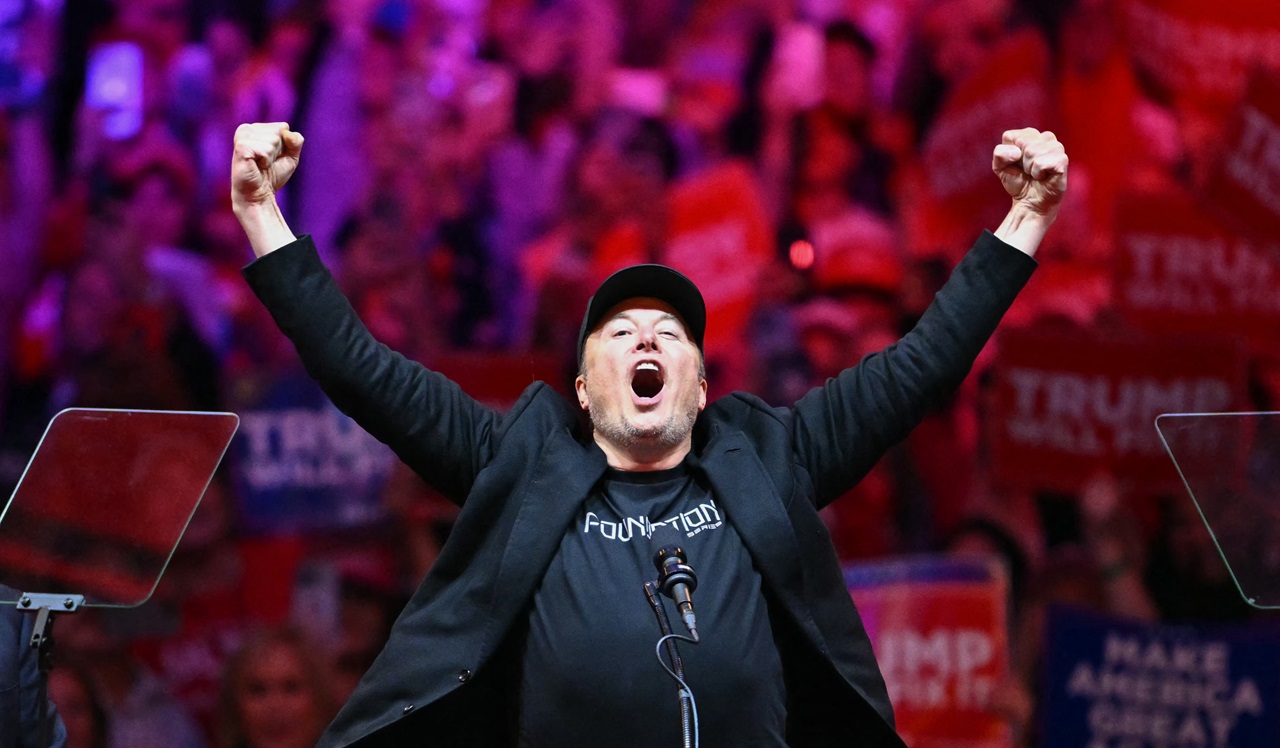
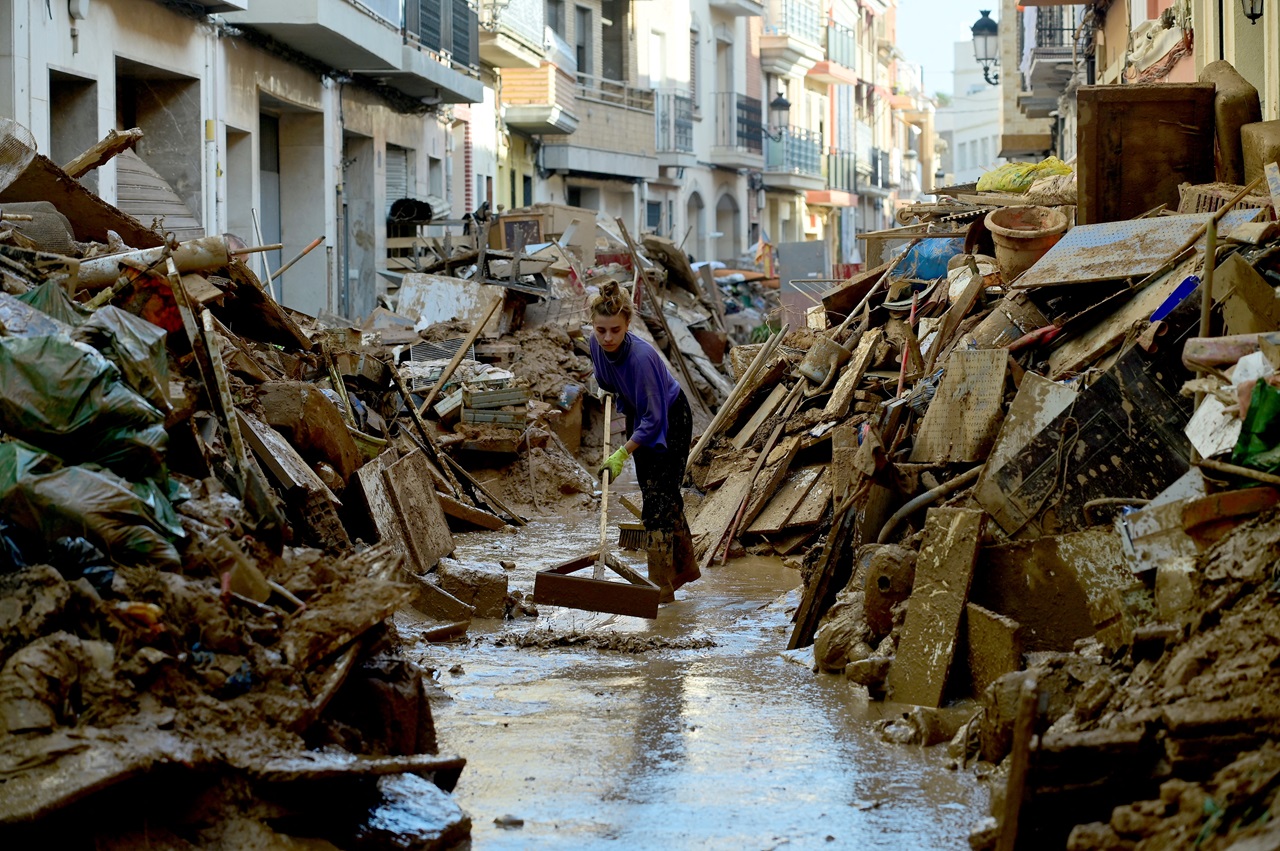

LEAVE A COMMENT:
Join the discussion! Leave a comment.